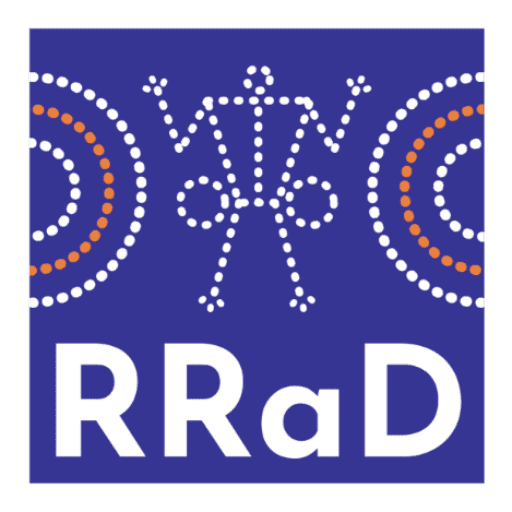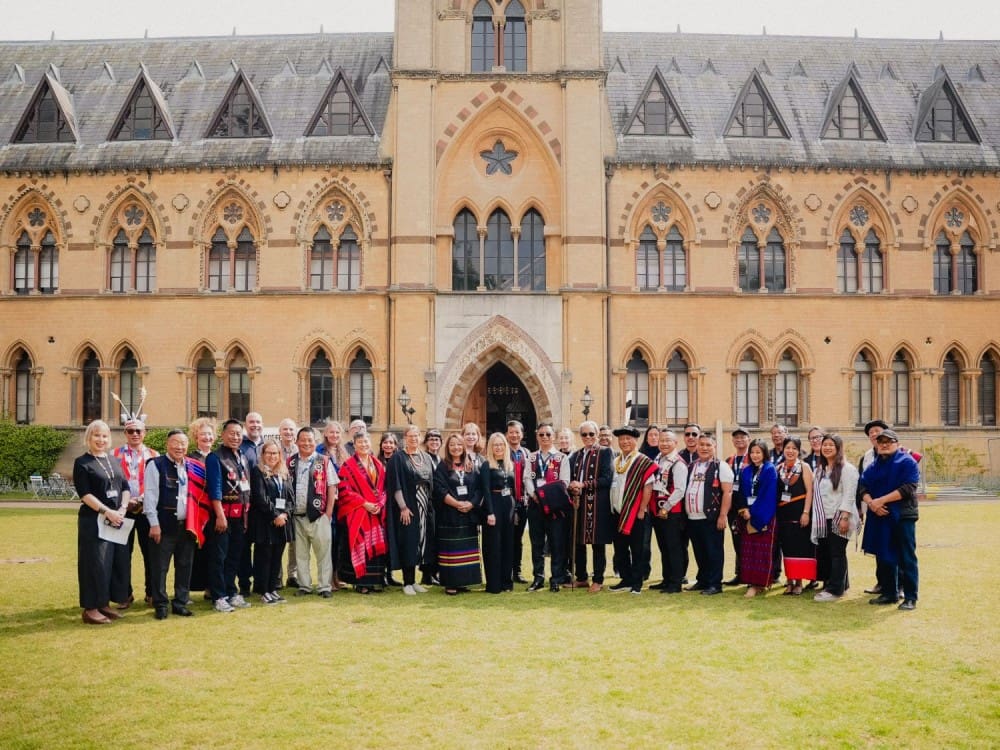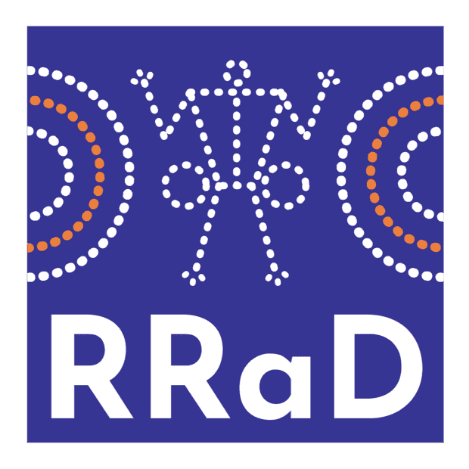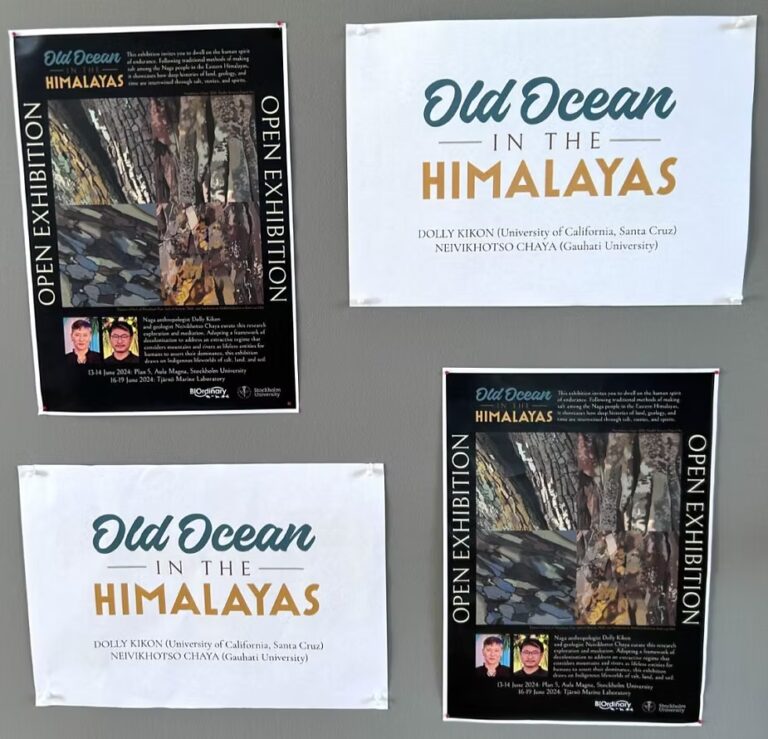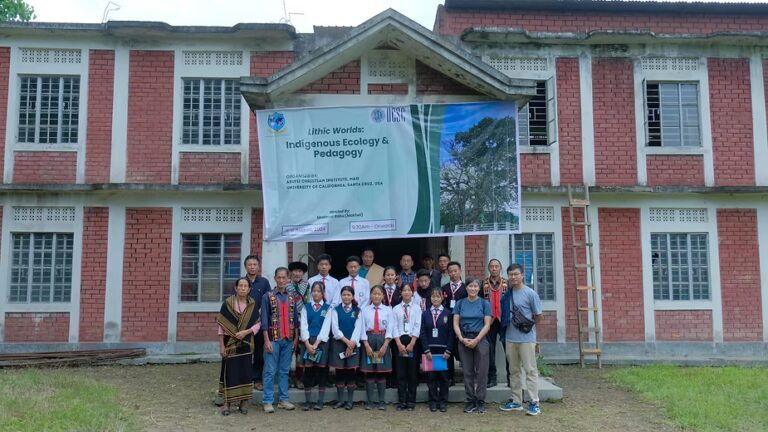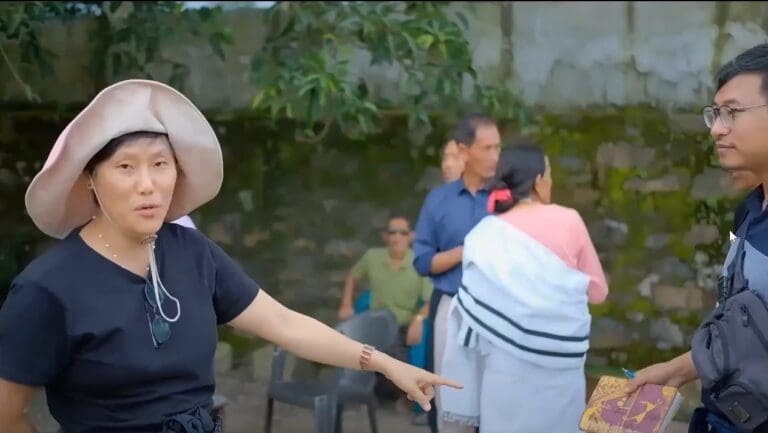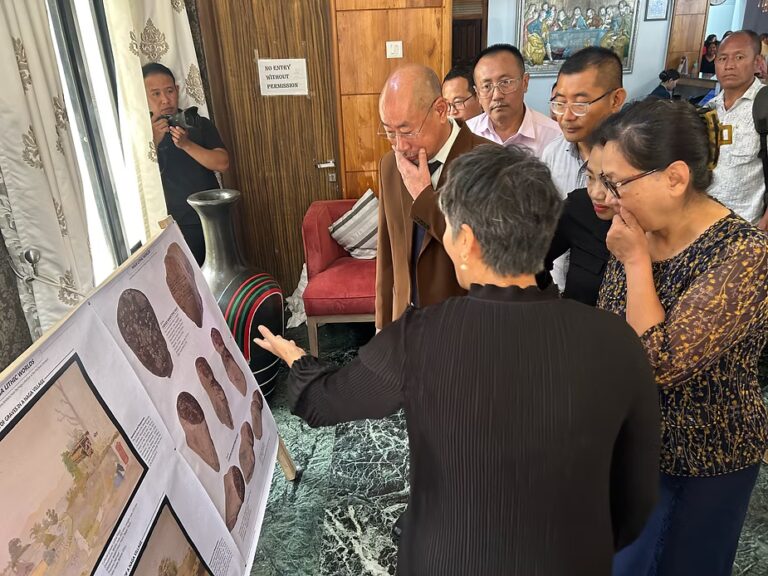Oxford (United Kingdom), June 10 (MExN): A “sacred journey” that began five years ago, the process to repatriate the physical remains of Naga ancestors from the Pitt-Rivers Museum (PRM) at the University of Oxford commenced with a meeting with the PRM’s administration on June 9.
Designated as a “Journey of Repatriation and Healing,” the process started with an indigenous chant titled “Our Ancestor,” alluding to the parting of the Naga ancestor from the creator and concluding with the hope that the “ancestor would be reunited with the creator and aid in healing the wounds of the past.”
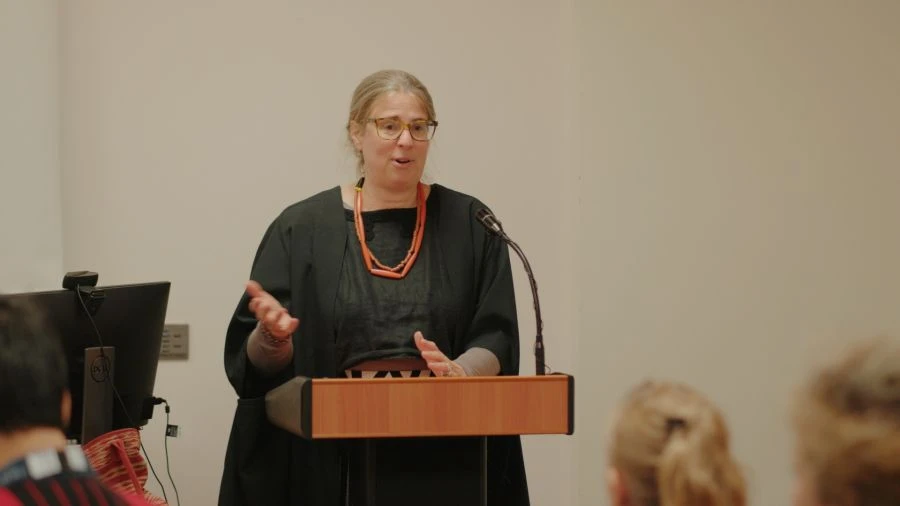
A delegation comprising elders and leaders from various Naga Tribe Hohos, accompanied by members of the Forum for Naga Reconciliation (FNR) and its Recover, Restore, and Decolonise (RRaD) team, is currently in Oxford on a weeklong visit in connection with the journey.
On June 9, the delegation held an opening session with the PRM administration to initiate the repatriation process of Naga ancestral human remains that had been displayed in the museum until 2020.
“It has been a long journey to get to this moment,” noted PRM Director, Professor Dr Laura Van Broekhoven, welcoming the delegation along with museum staff.
According to an FNR communiqué, she stated that over a century ago, (John Henry) Hutton donated the first Naga ancestral human remain to the PRM, followed by many others, and they have since been in the museum’s care.
“We know that this week will be one where we will both feel grief and sadness when looking back on that past, and also where hope is possible as we work towards reconciliation and healing in the future. I hope we can support and hold each other throughout this process,” the Director expressed.
In response, Rev Dr Ellen Konyak Jamir, Coordinator of RRaD and member of FNR, noted that the delegation had arrived with hearts heavy with history and it represents a sacred journey that began five years ago to “repatriate the physical remains of Naga ancestors who were taken away and have resided within the walls of PRM for generations.”
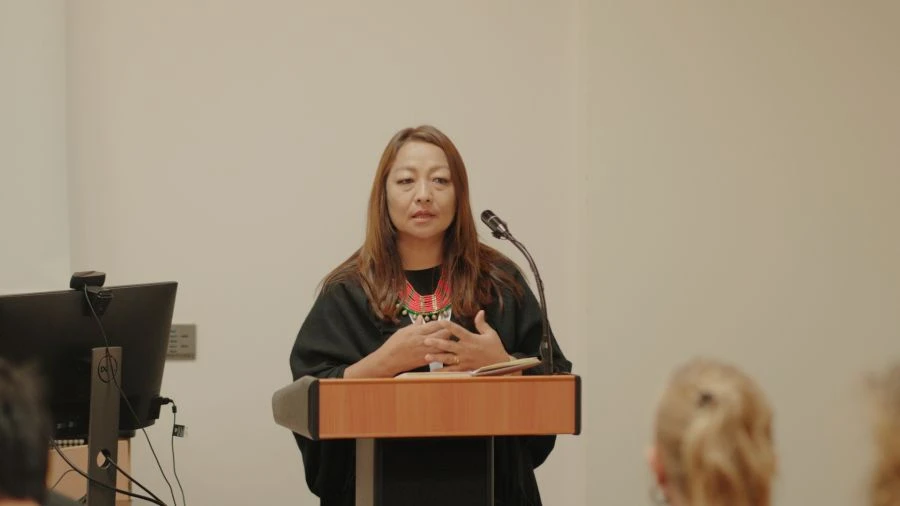
She also acknowledged the complex and painful colonial past that led to their presence there, but expressed appreciation for the PRM’s commitment to change and ethical stewardship.
The RRaD Coordinator also lauded PRM for what she termed as the “courage in confronting complicated histories and their dedication to the process of repatriation.”
“We come with hope in the process. May this journey appease our ancestors and our communities,” she added, before requesting Dr Visier Sanyü, an elder from FNR, to share the Indigenous chant, “Our Ancestor,” before the process began.
Meanwhile, speaking on behalf of the Naga people, President of the Angami Public Organisation, Thejao Vihienuo, reminded the audience of the history of the Nagas living between the Brahmaputra and Chindwin rivers.
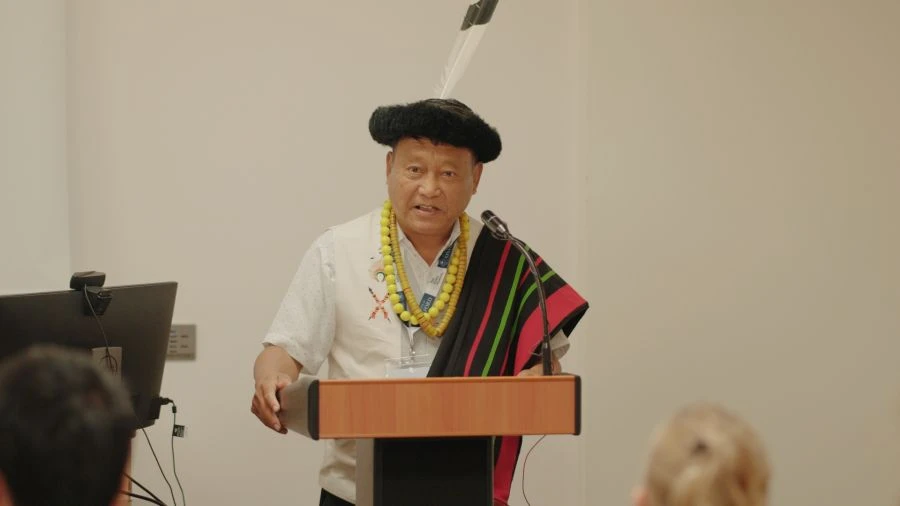
He underscored that the “Nagas were never conquered until the British invaded their land in the nineteenth century and divided their ancestral domain.”
Thus, Vihienuo asserted that the historic journey was not only for the repatriation of ancestral remains but also as a journey towards the process of decolonisation.
He also acknowledged that the ancestral remains displayed in the museum had conveyed the history of the Naga people in silence.
“We are proud of these ancestors and are here to pay our respectful homage to them,” he said. “Nagas are aware we cannot undo the past. But… we are confident that this process of repatriation will go a long way in healing the wounds of all the people involved,” Vihienuo concluded.
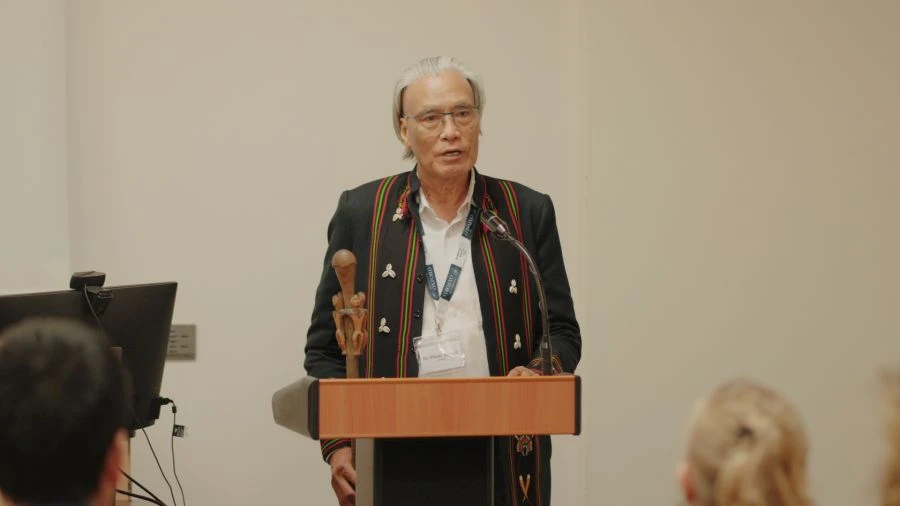
Thereafter, the Naga delegation was taken to a room where, for the first time, they were granted access to the remains since they were removed from the display room.
Chanting an incantation to the Blue Sky Father and Mother Earth, Nepuni Piku from FNR invoked the name of the Almighty and announced the presence of the delegation before the ancestral remains to pay homage and respect.
He also asked their goodwill and requested that the ancestors bless those who had come to take them back home. The delegation then laid shawls in homage as a mark of respect to the ancestral remains, bringing the opening day’s events to a close.
The delegation will be in Oxford a week to strengthen the process of reclaiming Naga history and repatriation, the communiqué added.
First published in The Morung Express June 10 2025
Link: https://morungexpress.com/naga-delegation-begins-repatriation-process-at-oxfords-pitt-rivers-museum
